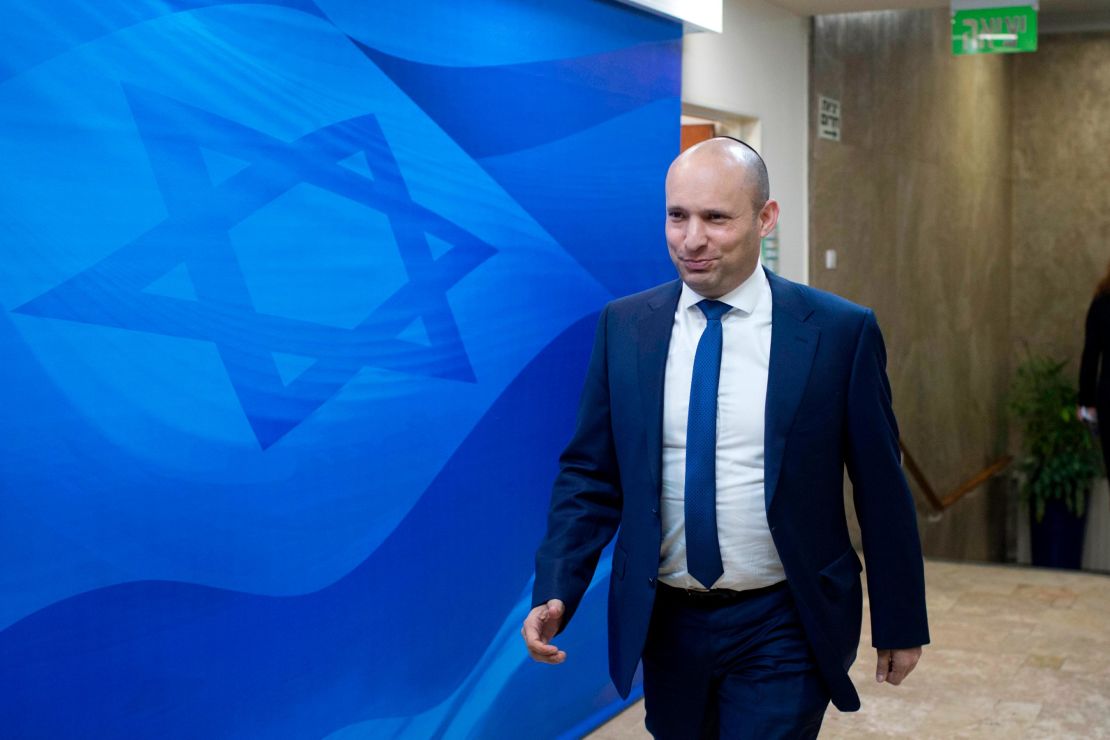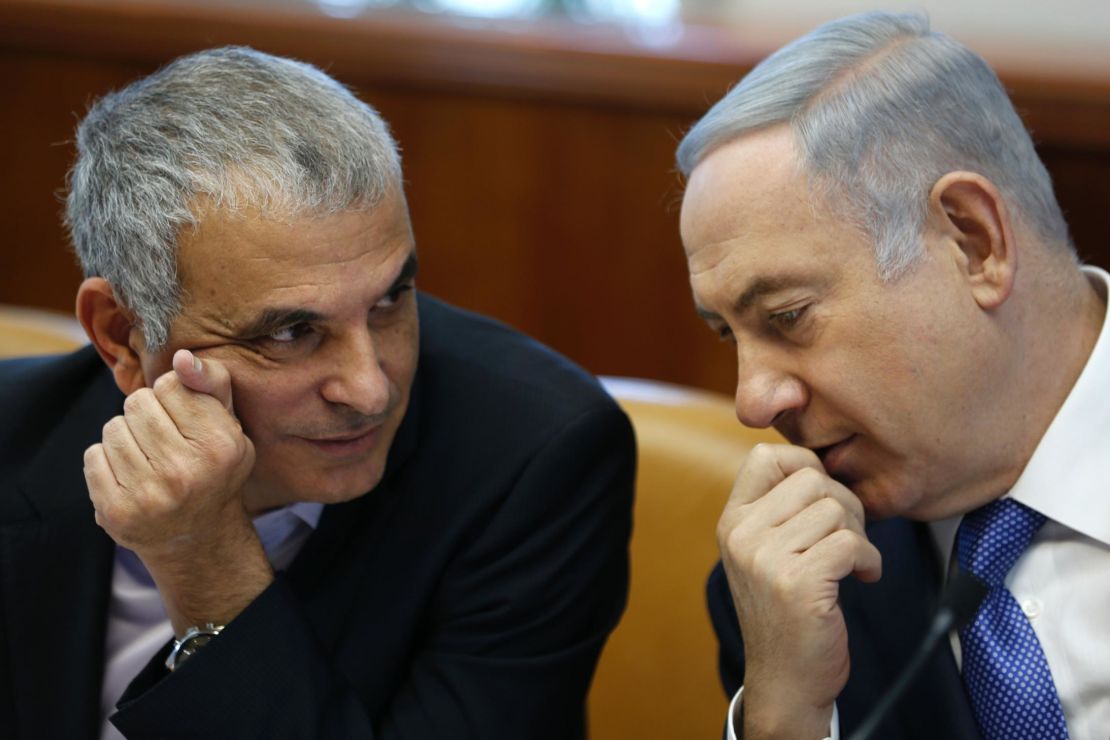Cracks in Israeli Prime Minister Benjamin Netanyahu’s coalition appeared to be emerging less than 24 hours after police announced there was “sufficient evidence” to indict him on corruption charges.
On Wednesday, Naftali Bennett, the Education Minister and one of the government’s key coalition partners, publicly chastised Netanyahu for “not living up to the standard of his office” after police indicated late Tuesday that the Israeli leader could face charges of fraud, accepting bribes, and breach of trust.
Bennett, whose right-wing Jewish Home party has eight seats in Netanyahu’s 66-seat coalition, could bring down the government if his party withdrew from the bloc.

At a conference in Tel Aviv, Bennett criticized Netanyahu over the allegations leveled against him in the police report. The Prime Minister is accused by police of having received gifts from businessmen between 2007-2016 totaling over 1 million shekels (approximately $280,000) including cigars, champagne, jewelry and more.
“Taking gifts in large sums over a long period of time is not living up to [the] standard of his office,” Bennett said. “Last night was an unpleasant moment for every citizen in Israel, and also for the Prime Minister, who is human.”
“The suspicions are harsh, and they are against our Prime Minister,” he added, but stopped short of saying he would withdraw from the coalition government headed by Netanyahu.
“Until the attorney general makes his decision, I call upon all parties to act in a restrained, responsible and civil manner.”
Speaking at the same conference as Bennett, Netanyahu once again punched back at the allegations Wednesday, labeling the police report as a “radical and biased document with holes like Swiss cheese.”
Netanyahu, who has repeatedly said he believes the allegations against him will be dismissed, also rejected any suggestions that his coalition was vulnerable in the wake of the report.
“The coalition is stable. Nobody, neither me nor anybody else, has plans to go to an election. We will continue working until the end of the term,” he added.
Like Bennett, other coalition partners have also stressed they will await the attorney general’s decision on whether to formally indict Netanyahu before reconsidering their positions in the government.
Finance Minister Moshe Kahlon, head of the center-right Kulanu party, which has 10 seats in the coalition, said he would continue in his role for the time being.

“I am aware of the public opinion, from the left and the right, in regards to the police recommendation around the investigation of the Prime Minister,” Kahlon wrote on his Facebook page.
“The law fixes the demand that only the attorney general of the government is able to make the decision regarding an indictment or non-indictment. Until then, I will continue to lead and navigate the Israeli economy for the good of the citizens of Israel.
Netanyahu is a suspect in two separate criminal investigations, known as Case 1000 and Case 2000.
Case 1000 focuses primarily on Netanyahu’s relationship with Israeli billionaire and Hollywood producer Arnon Milchan.
Milchan fired back at police, insisting he and Netanyahu have been friends since long before the period under investigation.

In Case 2000, police say Netanyahu discussed “bartering” with Arnon “Noni” Mozes, the owner of one of Israel’s leading newspapers Yedioth Ahronoth, which is regularly critical of the Prime Minister.
In exchange for more favorable coverage, Netanyahu promised to hamper the circulation of a rival newspaper, in recordings obtained by police.
Both Netanyahu and Mozes have said these were not serious discussions; rather, they each claim they were trying to expose the other’s lack of trustworthiness. Police say there is enough evidence to indict Mozes on charges of offering bribes.
In a statement to Israeli media, the lawyer for Mozes said, “The cases against him will be closed.”
Police will now pass their evidence to the attorney general, who will make the final decision on whether or not to indict the Prime Minister. That decision is not expected imminently.
By Israeli law, he is only required to step down if he is convicted and that conviction is upheld through the appeals process to the High Court, a process that could take years.
However, he could face public and political pressure to step down much earlier.
CNN’s Oren Liebermann reported from Jerusalem. James Masters wrote from London.




